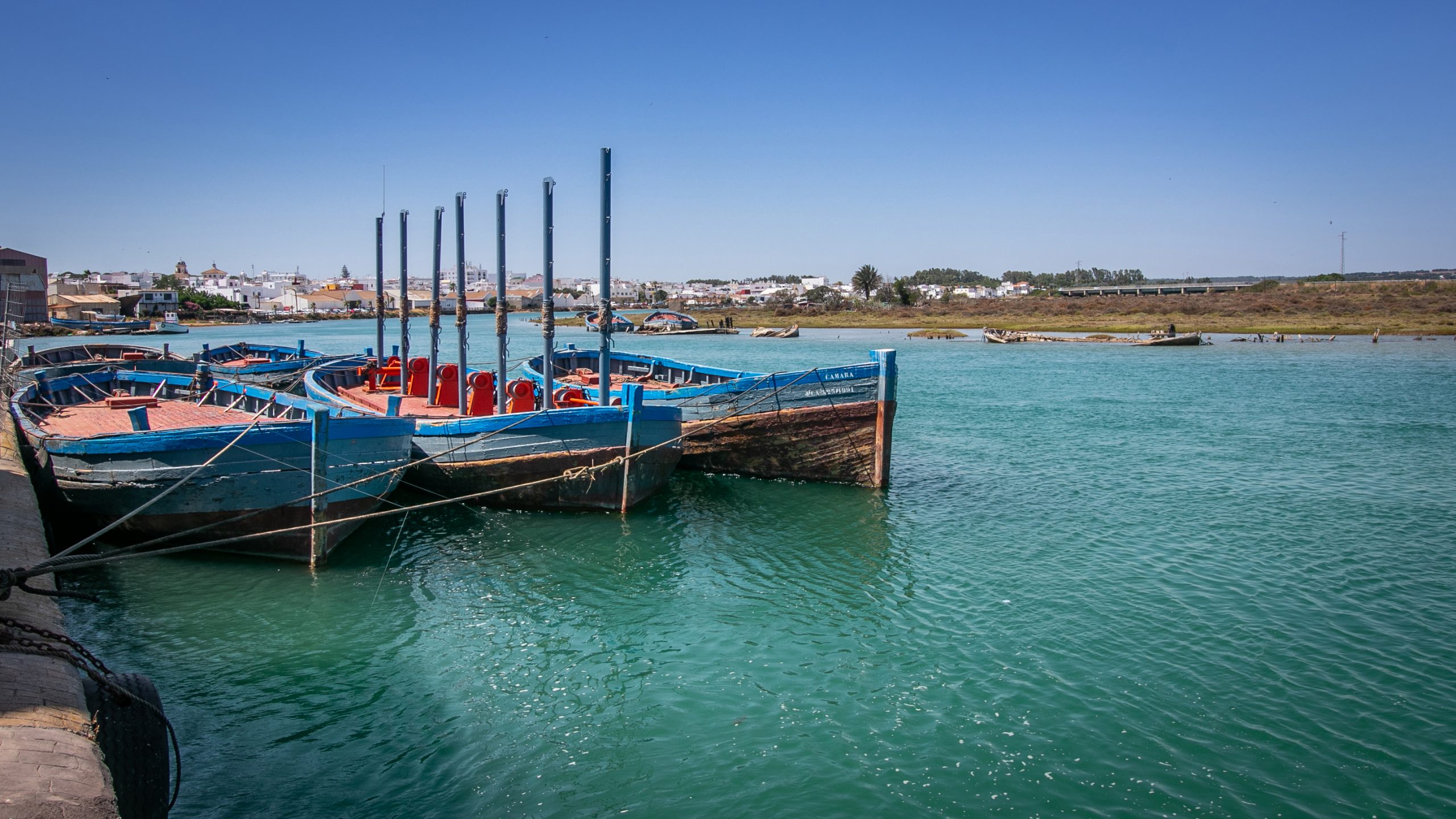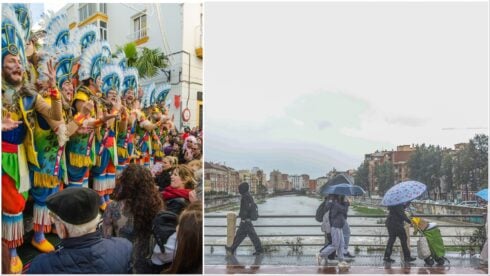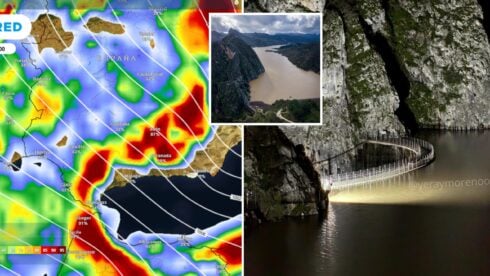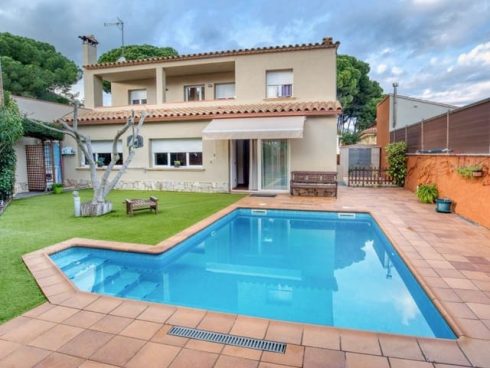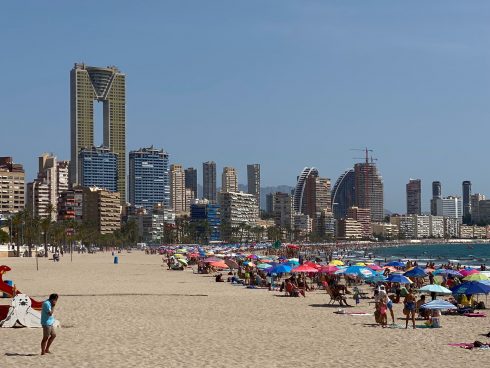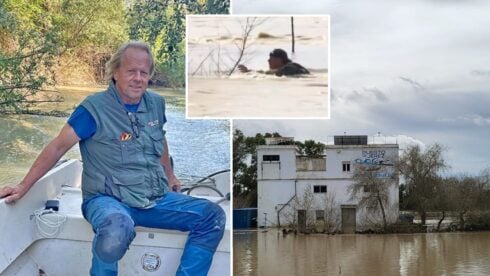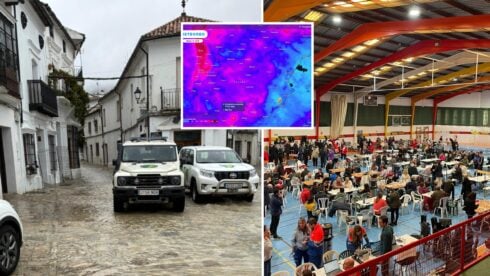I HAD visited the Costa de la Luz only once before, a decade ago with my young sons. At the time, I had only heard of Tarifa, famed for its knockabout winds and fortified historical centre, facing across the straits to Africa.
The southernmost tip of Spain, it was the place to catch a ferry to visit Morocco or hang out with fit windsurfers, who practically lived on the beaches and then partied into the early hours of the morning.
Back where I’m based in inland Granada, young people with vans invariably had a ‘Tarifa Pirates’ sticker on it. So, we were constantly reminded of the name.
But what was further up the long N-340 from Tarifa westwards? Who cared? It was a big, empty space, as far as I knew, and that meant missing out on so much.
For someone who loves photography, I should have known better… but now I’ve been switched on and have finally seen the light, if you’ll excuse two puns.
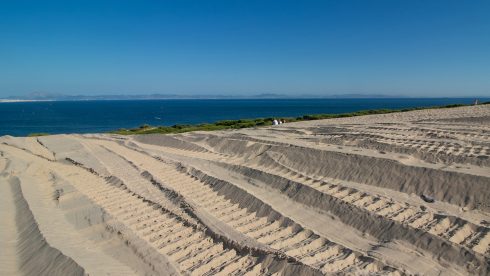
My discovery came on a recent trip along this stunning windswept stretch of coastline that stretches all the way to Cadiz… and then all the way through Huelva to the Portuguese border.
The area of most interest – at least for anyone living on the Costa del Sol or further up in Granada or, say, Valencia – is the area from Tarifa to Conil.
This 40-something mile stretch of breathtaking coastline is full of unspoilt beaches, cubic white towns and too many places to stop and take a perfect holiday snap.
Broadly speaking, you should spend at least two days in Vejer and Tarifa, with a day in each of Conil and Zahara and with a side trip to Barbate, which is incredibly one of Spain’s poorest towns (on paper). With a bit more time, make sure to see Bolonia and its famous sand dune (the biggest in the world) and an inland stop in Medina Sidonia, one of the true unspoilt, authentic gems of southern Spain.
The start of the Costa de La Luz and its famous light begins at the Mirador del Estrecho, about quarter of an hour’s drive past Algeciras.
It’s a must-stop, as this high point has some of the best views in the world, looking across to Africa, while left to Gibraltar and right towards Tarifa.
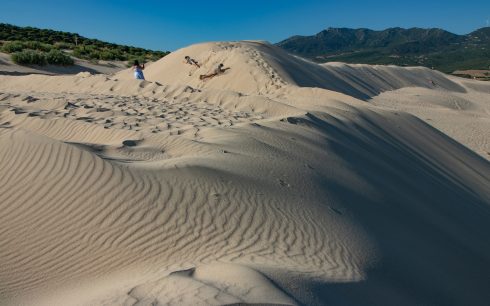
From here, it’s a short hop down into Tarifa old town, and parking near the port or in the pay and display itself in the port.
Here you’ll find two types of queue; those heading on the hydrofoil to Morocco and many others, frequently queuing for a must-do trip to view the famous whales and dolphins of the Staits.
From here, you can clearly see where the Mediterranean meets the Atlantic Ocean – and with the water taking on a beautiful two-tone, blue-green hue (a delight for photographers).
The joining of oceans causes a zone where both the Poniente and Levante winds are felt, causing gusts and attracting surfers and kitesurfers by their thousands from around the world.
Heading west from Tarifa, I marvelled at the sheer number of diving, windsurf and kite schools, as well as quad hire companies that have set up there now. There are numerous dreamy hotels and hip restaurants, many sitting right on the wonderful Playa de Los Lances or its next door Valdevaqueros beach. How could I have missed these before?
Sand battle
I took a side turn onto the A235 towards Punta Paloma – a must see – and was amazed to find it almost completely blocked with sand.
It had blown down from the Valdevaqueros dunes in copious amounts, rippling across the road surface, and making it difficult to pass other cars without putting a wheel into a dune. I wished I had brought my 4×4 for some fun, sandy action.
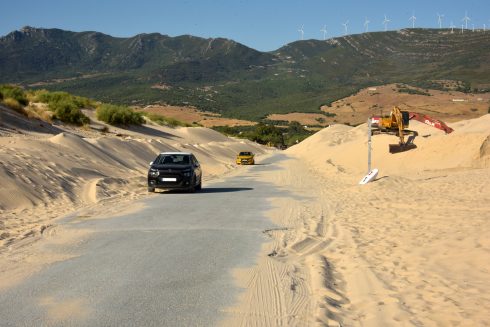
Soldier on for a couple of kilometres, past the public parking and Punta Paloma beach and you’ll come to two restaurants on the headland – Justito de Copas and El Mirlo Tarifa – that look across the sea. What a place this is to enjoy a sundowner, or – even better – head up the hill to the secret spot, Tesoro (go on, try to find it!).
From here, you can continue on foot on the well-marked GR145 Arco Atlantico walking route. It takes you over to Bolonia and its Roman ruins – although I was advised by a local that this could take ‘several hours’. Perhaps better to go by car, particularly in the heat of summer.
Roman ruins of Bolonia
Up the CA202 minor road, 21km from Tarifa, lies the village of Bolonia. A tiny village of just a few hundred souls, it features a camper park, hotel, shops, and restaurants – as well as a museum devoted to its famous Roman ruins, which are considered amongst the best in Spain.
These ruins originally formed the Roman town of Baelo Claudia, located directly beside the beach. You can see the East wall, tiny town centre, bread-making house, statue of Claudius and semi-intact columns.
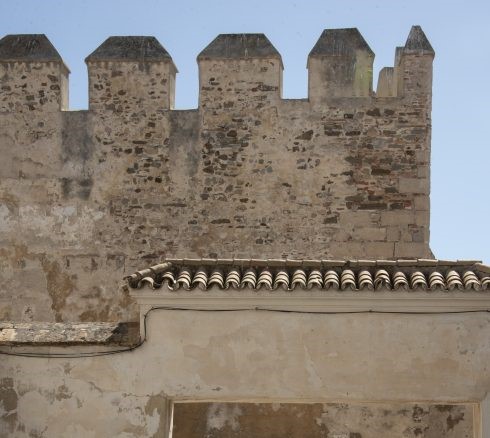
The Barbate beach is 3.8km long and features a massive sand dune. People climb this in their droves – most to take a selfie – but choosing a cool time of day is advised.
Tuna tales
The next leg of the journey, past the hundreds of wind turbines of Fascinas valley, is a real eye opener for aesthetes. It gets even better when you turn left onto the A2227 to Zara de los Atunes, driving past rolling fields of sunflowers, eventually emerging at the stunning village that has a slightly eccentric feel.
You soon begin to realise that the relaxed and friendly vibes characteristic of the Costa de la Luz are best found in Zahara de los Atunes. This is a true gem of a town with a centre crammed full of white-washed buildings and a diverse range of small shops and bars, many serving dishes based on tuna. Sorry: did I mention the tuna?
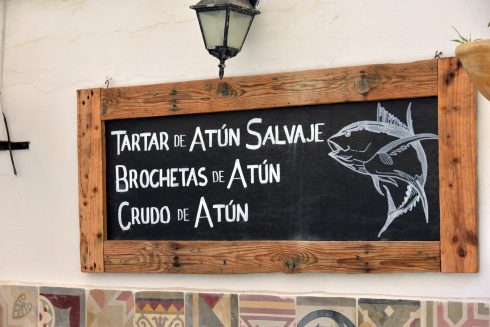
Zahara is famed for its tuna, hence the name, and it is one of the true delicacies of Spain. It’s quite different from any other tuna (indeed fish) I have ever eaten.
Wandering towards the seafront, we found boutiques selling funky clothes, beach bars with colourful chairs, hotels of various sizes, and vendors selling Indian throws. The seafront is also the place for cheap public parking for a beach to literally die for. Looking for a place to stay? Hotel Pozo del Duque has sat on this beach for decades and does some impressive deals.
No Barbs
The next stretch of coastline (the 11km drive up the A2231) is one of the most beautiful drives in Spain.
It cuts through rolling fields of cattle, stretching right down to a lovely sandy beach. The light is stunning, but sadly there aren’t many places to park, as it’s mostly military land on both sides of the road.
Eventually, you’ll come to the larger and less touristy town of Barbate, which – with 22,500 people – many of them brought here during the Franco dictatorship, has had to address some social problems over the years.
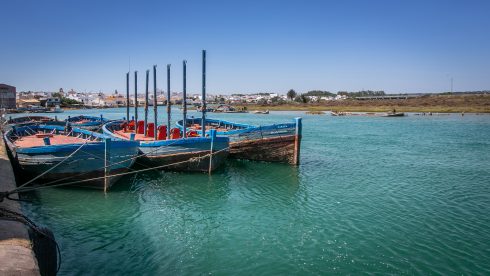
But it is definitely one to visit. Lying on the River Barbate, and alongside a Natural Park, Barbate has a long history of fishing that dates to Roman times.
Of particular interest are the port, an art deco-type building that hosts a town hall fishing initiative, and nearby restaurants serving fresh fish. The famous Campero restaurant is also here.
Barbate is extremely popular with Spanish tourists in the summer but attracts far few foreign visitors, which is a shame, as it’s worth exploring.
READ MORE:
- Here to help: The Kitchen Shop in Alicante’s La Marina Urbanisation offers much more than furniture and carpentry
- The Olive Press meets Darren Parmenter, tourism councillor for San Fulgencio and La Marina Urbanisation in Spain
- Making dreams come true in La Marina Urbanisation in Spain’s Alicante – Barclays Properties
Click here to read more Olive Press Travel News from The Olive Press.

